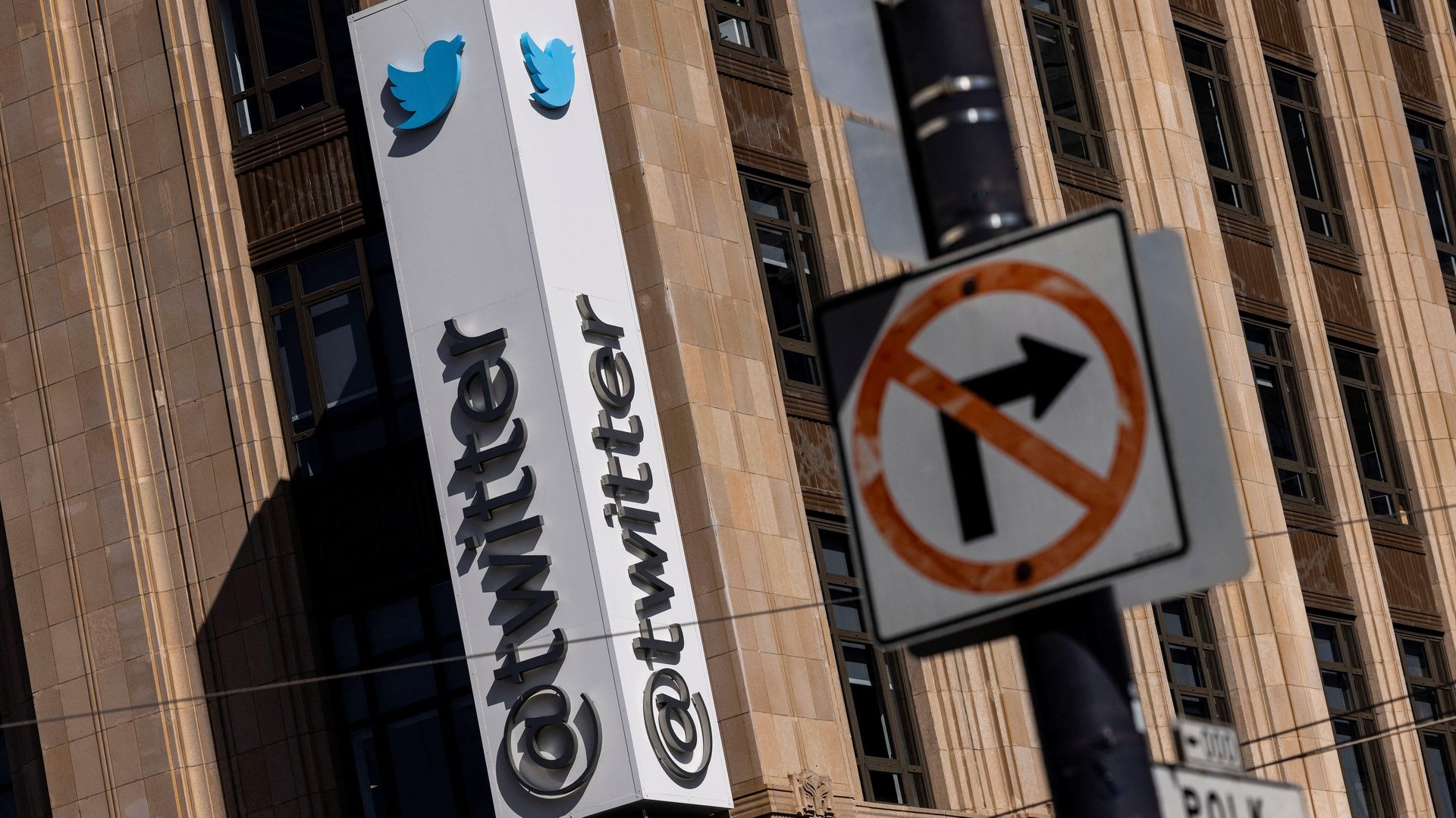The only thing that can kill a social media giant is the next one
Elon Musk’s purchase of Twitter is already leading to hand-wringing about changes the outspoken CEO may bring to the platform. But it’s a bit too soon for an elegy.


Elon Musk’s purchase of Twitter is already leading to hand-wringing about changes the outspoken CEO may bring to the platform. But it’s a bit too soon for an elegy.
For several years and under several CEOs, the social network Musk calls a “public square” has been working to improve that square’s discourse by cracking down on bullying, hate speech, and misinformation. One doesn’t need a crystal ball to imagine a world in which those initiatives are rolled back; recent history provides ample evidence of the negative consequences.
Unleashing the trolls is a troubling hypothetical not only for public discourse, but arguably for Twitter’s bottom line. No matter what business model(s) the network pursues under Musk—advertising, subscription revenue, NFTs—there are financial perils to letting hate speech and misinformation fester. Among them is a potential exodus of users, and advertisers.
Musk and Twitter can learn from Facebook’s journey. A bad user experience and a faltering brand can hold a social media company back, but the biggest threat to Twitter is the specter of competition.
What Twitter can learn from Facebook
Perhaps the best example of a social network whose mores are now working against it is Meta, née Facebook. After years of bad press—the 2016 US presidential election, the Cambridge Analytica scandal, the #DeleteFacebook movement, the genocide in Myanmar, the $5 billion fine for privacy violations, the whistleblower “Facebook Files”—Meta recently reported a loss of 500,000 global daily users in the fourth quarter of 2021, the first-ever decline in its total user base.
It’s tempting to blame Facebook’s user shrinkage—and in particular its lack of traction among younger users—on its fraught reputation. (One Yahoo Finance poll at the end of last year crowned Meta “the worst company of 2021.”) And while a Musk-controlled Twitter may not be subject to the whims of the stock market, it too will remain subject to public sentiment. Twitter may be starting with more cultural cache than Facebook ever had, but it also lacks Facebook’s cushion on growth: Even under Musk, Twitter’s financial future is contingent on expanding its user base.
But while there is a parallel between Facebook’s actual decline and Twitter’s hypothetical one, it’s not the threat of a sudden exodus of principled users. Facebook’s biggest failure of the past few years isn’t just being Bad; it’s also being Boring.
How to lose users and alienate people
The best articulation of the existential threats faced by Meta come from Meta itself. “Most young adults perceive Facebook as a place for people in their 40s and 50s,” a team of internal data scientists wrote in a presentation for Facebook’s chief product officer, one of the many documents released as part of the Facebook Files. “Young adults perceive content as boring, misleading, and negative. They often have to get past irrelevant content to get to what matters.” Another presentation estimated that teens were spending more than twice as many hours on TikTok as on Instagram.
Meta reiterated that challenge in its most recent earnings call. “We believe competitive services are negatively impacting growth, particularly with younger audiences,” CFO David Wehner told analysts, while CEO Mark Zuckerberg marveled at TikTok’s growth rate and conceded “there’s a lot of work to do here.” As of last year, TikTok became the most downloaded app in the world.
What could take down Twitter
Even under Elon Musk, the Twitter experience is unlikely to change overnight, just as Facebook became iteratively, not suddenly, worse. And while Twitter has never made money hand over fist like Facebook, it does have a critical mass of users, strong brand value, a format with apparent staying power, and a notable dearth of obvious competitors.
But the combined erosion of both of these advantages—an incremental worsening of the Twitter experience, plus the rise of an obvious or unexpected competitor—could easily put Twitter in the bind Facebook is in now, and with much shakier laurels to rest on.
No matter where public sentiment stands, the most important threat to an entrenched social media giant is whatever might emerge to unseat it. If Facebook had never addressed its reputation, but had spent the past five years rising to the threat presented by TikTok, it might not be staring down the barrel of a deflating user base.